One Jewish Boy at Trafalgar Studios
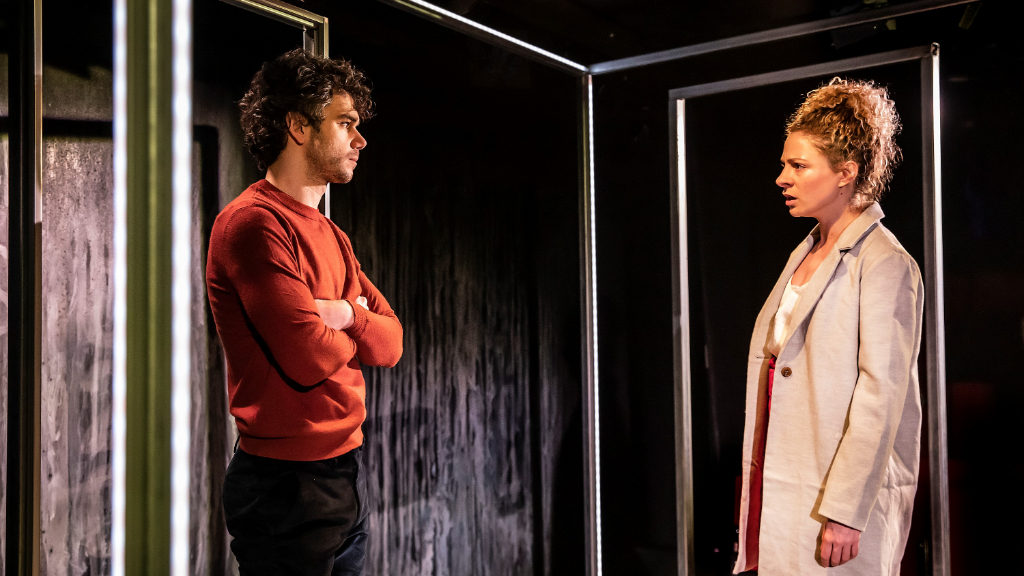
In Stephen Laughton’s One Jewish Boy, the audience meet a modern-day pair of star-crossed lovers. Ring a bell? Laughton’s new play about rising antisemitism focuses on the relationship between a Jewish man, Jesse (Robert Neumark-Jones), and a mixed-race Gentile woman, Alex (Asha Reid). Over several years, Laughton explores key moments in the couple’s shared experiences of hatred and inherited trauma and the subsequent effects these have on their marriage.
Laughton’s play has caused shock waves outside the theatre, as he faces abuse and criticism across social platforms for his sharp portrayal of these topics. Breaking out of the theatre’s walls has made the play all the more relevant; One Jewish Boy not only examines these conversations for what they really are, but exemplifies how they are physically materialising in the outside world.
Georgia de Grey’s intimate set consists of a transparent box, used to represent different locations on the couple’s journey. This design has no hidden spots, mirroring Laughton’s intention to expose and face the conversations about different cultures and beliefs that Jesse and Alex discuss in depth. Despite this setting, the couple attempt to literally and metaphorically hide from each other behind the exterior structures of the box.
In the safe hands of Sarah Meadows, the production is, unsurprisingly, tenderly performed. Meadows combines physicality with Laughton’s sharp dialogue so well; there is a clear feeling of a climax building from the offset, which successfully keeps the audience yearning for the fascinating unfolding relationship. This is heightened by Benedict Taylor’s soundscape and the engulfing lighting design by Jack Weir.
Reid and Neumark-Jones have palpable onstage chemistry, with the perfect level of contrast to emphasise their differing backgrounds, beliefs and desires. They both not only command the fast-paced dialogue with great control, but they present a real relationship, in an incredibly raw and emotional way. The audience discovers during the performance that Jesse has experienced an antisemitic attack, being physically and verbally abused to the point of hospitalisation. Flashbacks are used to transition between scene changes, with Neumark-Jones thrashing about the stage, throwing himself onto the floor to convey the pain that is inflicted upon him. The effect of this is heightened by strobe lighting and a pounding soundscape. Jesse’s growing physical pain comes to a head as it spills into the couple’s relationship: his trauma is always a topic of conversation, showing his inability to cope with the mental strain of the experience; this cuts much deeper than just an “attack”.
Ultimately, Laughton’s play uncovers the notion of perception. An opinion or perception of a topic will always be a decision made consciously, because of what you have been born into and exposed to: nature versus nurture. But is one opinion right and the correct one, compared to someone else’s opinion? This in-depth study of class, gender, background and race asks audiences to think more deeply about how we are perceived and the impression we give off to the world.
Brooke Snowe
Photo: Pamela Raith
One Jewish Boy is at Trafalgar Studios from 12th March until 4th April 2020. For further information or to book visit the theatre’s website here.


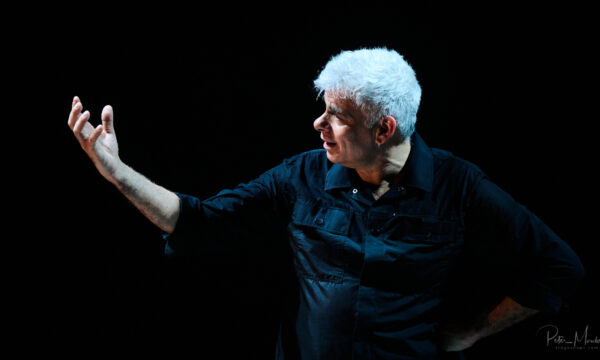
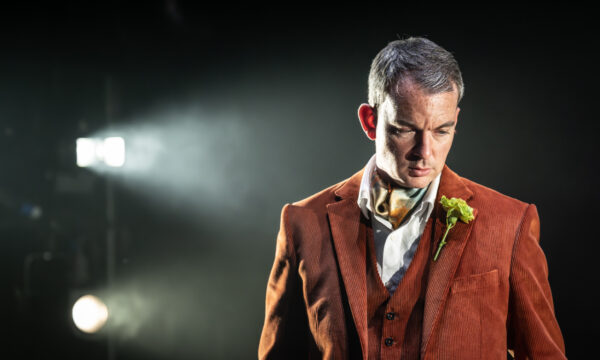
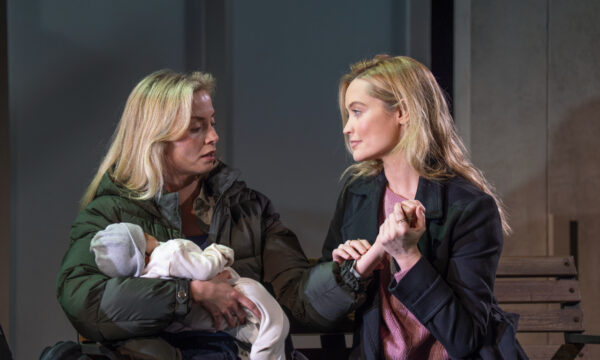
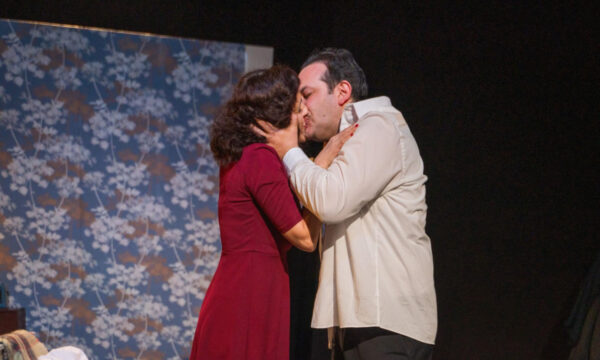
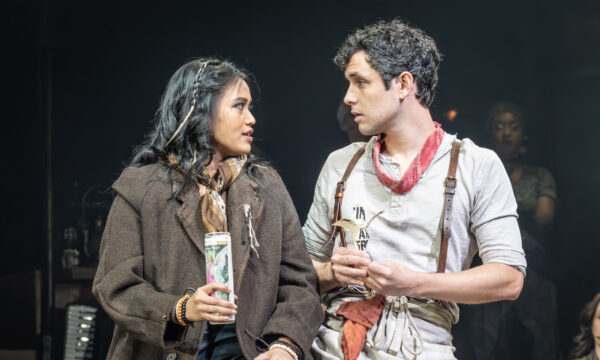
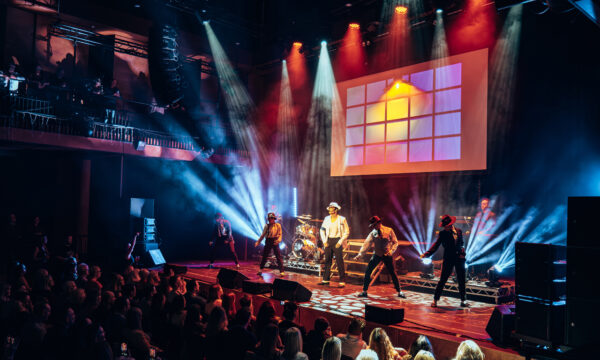

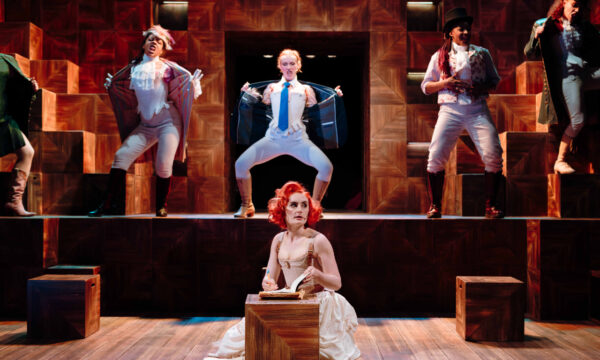
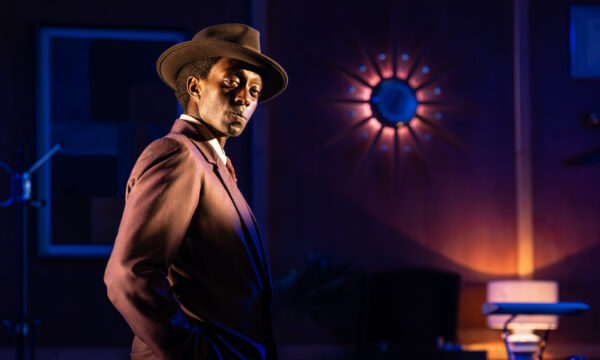










Facebook
Twitter
Instagram
YouTube
RSS